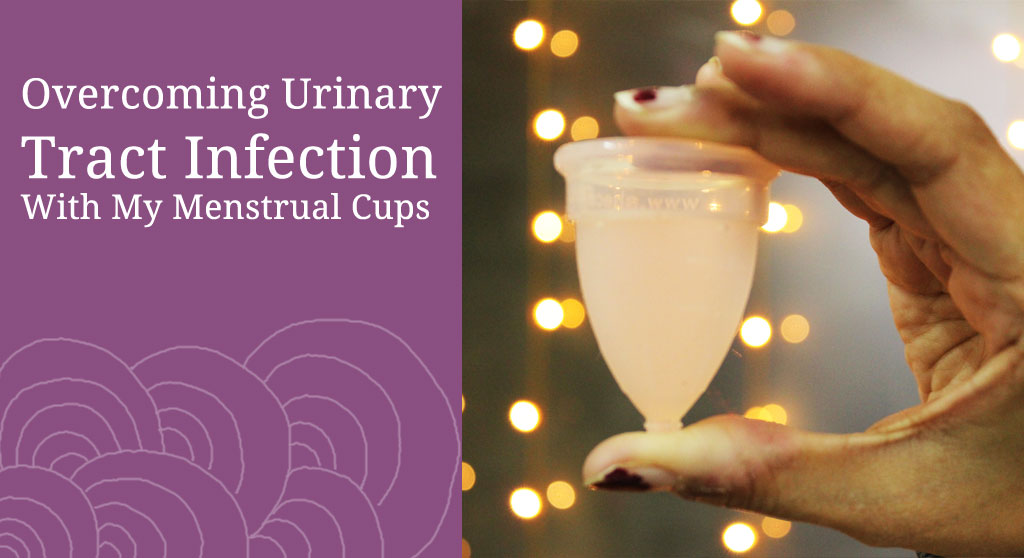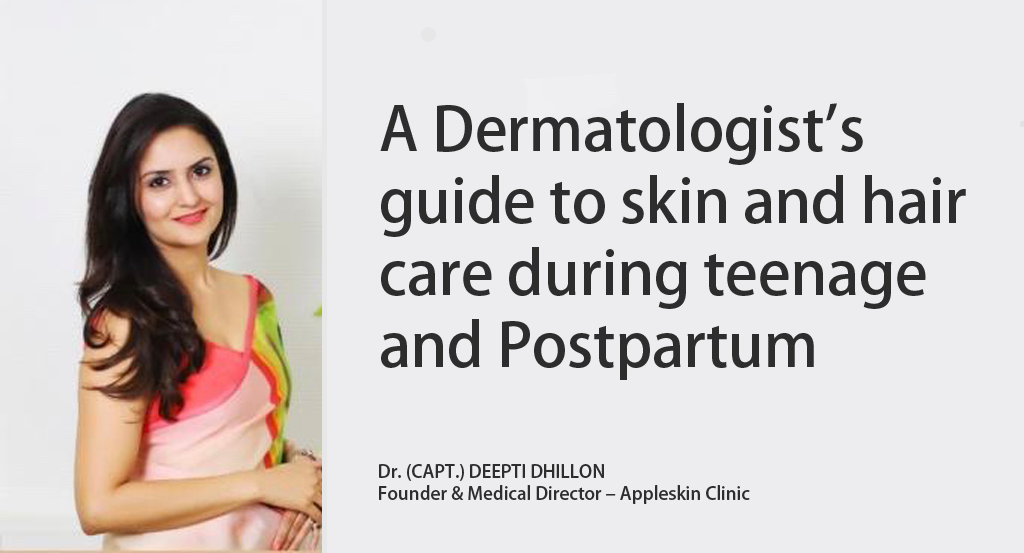We at Menstrupedia are often asked many questions about periods, issues related to it, best practices one should follow during that time of the month, and many more curious ones surrounding women’s health. To address all of your queries and doubts, we invited Dr. Abhinaya Alluri, a gynecologist, for an IG Live.
Dr. Abhinaya Alluri is a gynecologist from Hyderabad and was part of a team who have set up a world-record for a self-breast check. She also runs an Instagram handle @projectpinkbutterfly that builds awareness around a lot of topics related to women’s health and hygiene.
This blog is a compilation of all the questions you might have, and have asked us so far. All of these are answered by a trusted gynecologist.
1. What are the reasons behind irregular periods and what should one do to address them?
There can be various reasons behind irregular periods, from physiological reasons to hormonal ones. One should not worry if the periods are irregular within 2 years of menarche and during the peri-menopause phase which is generally between the age of 35 to 45 years.
The physiological reasons could be endometriosis or adenomyosis and require urgent medical attention. Hormonal imbalance can be another reason for irregular periods and requires medical attention.
It is important to know that a menstrual cycle between 21 to 35 days, where your period lasts for 3 to 7 days and bleeds around 15-16 tsp in the entire cycle, is considered to be completely normal.
2. When should a teenage girl visit a gynecologist?
It is a good idea for every teenage girl to visit a gynecologist during menarche. They can help you understand the entire process properly and can make girls aware of the best menstrual practices to be engaged with. Apart from that, any teenage girl should visit the doctor if experiencing any of these symptoms:
- excessive weight gain,
- an abnormal white discharge which causes itching or foul smell, and,
- irregular periods.
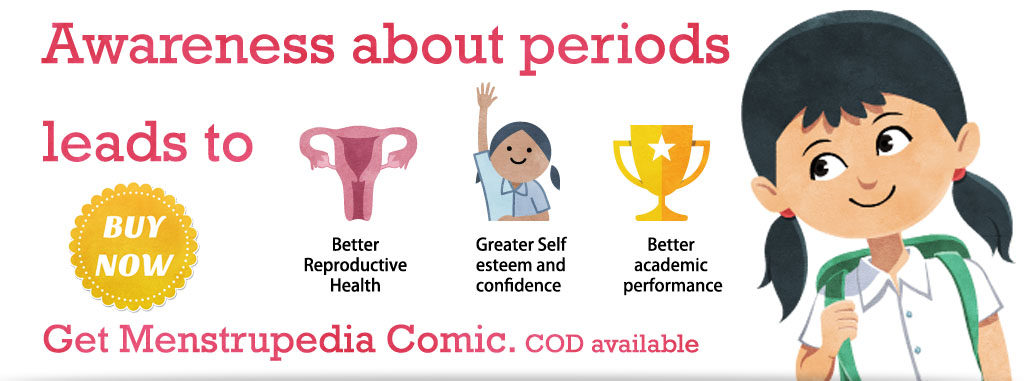
3. What are the reasons behind period aches and how can they be cured?
The major reason behind period aches is the contraction of the uterus. To shed the lining and pass the blood out of the vagina, the uterus contracts and causes period aches. Excessive pain during periods is called dysmenorrhea, and requires urgent medical attention.
Mild pain can be cured by placing a hot water bag on your lower abdomen and taking any anti-spasmodic medicine after consulting a doctor.
4. What is UTI? How can it be prevented?
Urinary Tract Infection is an infection in any part of the urinary system and is very common in women because they have smaller urethras.
The symptoms of UTI are as follows:
- A strong and frequent urge to urinate
- Cloudy, bloody, or strong-smelling urine
- Pain or burning sensation when urinating
The best way to prevent yourself from UTIs, is to keep yourself hydrated, urinate shortly after sex, and keep the genital area clean.
5. Why do I see white discharge on my panties?
This is a normal fluid that helps clean and moisten your vagina. You are completely healthy and normal if your discharge is cloudy white, has no odour, or has a slightly salty odour, and is white or light yellow when it dries on underwear. To maintain good hygiene, keep your genital area clean.
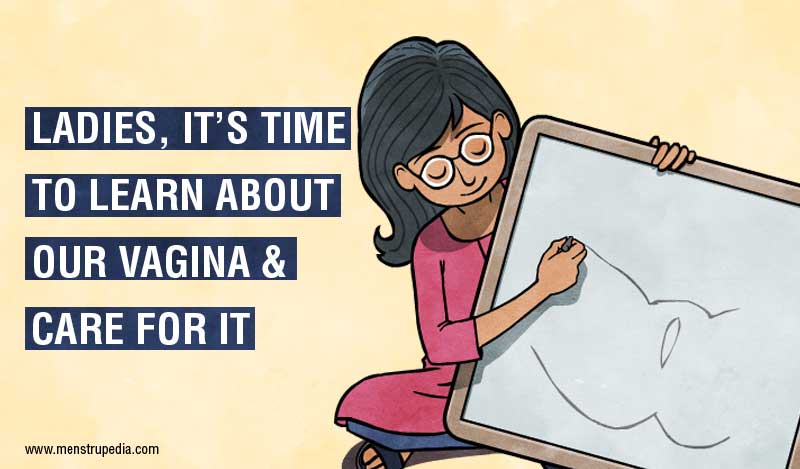
6. What is Bacterial Vaginosis?
Bacterial Vaginosis is a type of vaginal discharge which is watery, and has a foul smell. It causes itching in your intimate areas. The best treatment for bacterial vaginosis can be undertaken when the right infection is diagnosed. To determine the right infection, it is important to treat both the partners, identify the infection, and then provide appropriate medical treatment.
7. What is the right diet to be followed during one’s periods?
The right diet during one’s periods include iron-rich food, calcium and Vitamin D. If you experience heavy periods or have a deficiency in any of these, you can take supplements to fulfill the need.
8. What is the relation between periods and physical growth indicators such as height and weight?
Physical growth such as height and weight cannot be taken into account independently and can provide the right results when BMI (Body Mass Index) is calculated and taken into consideration.
BMI is a measure of body fat based on height and weight that applies to adult men and women. It is widely used as a general indicator of whether a person has a healthy body weight for their height.
9. Why do I see blood clots in my period blood? What should I do?
If you have blood clots that are small in size, mostly less than 2.5 cm, during your period, then it is completely normal. Menstrual clots are a mixture of blood cells, tissue from the lining of the uterus, and proteins in the blood that help regulate its flow. If the blood clots are larger than 2.5 cm and you are experiencing excessive flow and changing sanitary pads every 2 hours or less, then it calls for urgent medical attention.
10. What menstrual product should I use?
There are many menstrual products available in the market such as sanitary pads, cloth pads, tampons, and menstrual cups. You can use any of these products depending on your convenience. Tampons and menstrual cups can be used at any age. If you plan to use any of the disposable menstrual product options such as sanitary pads and tampons, use organic and chemical-free ones so that it does not cause any harmful effects on your vagina.
11. What is PCOS? Are PCOS and PCOD the same? How can I cure it?
Polycystic ovary syndrome (PCOS) is a condition that affects a woman’s hormonal levels. Women with PCOS produce higher-than-normal amounts of male hormones. This hormonal imbalance causes them to skip their periods.
The weight gain seen during PCOS is because of insulin resistance in the body which stops the breakdown of food in the body and causes weight gain.
PCOS and PCOD are similar. The appearance of cyst in ovaries, with facial hair growth and irregular periods, are the major symptoms of PCOS.
PCOS is a lifestyle disease and can be controlled by bringing about a balance in your routine. There is no cure for PCOS but it can be controlled by maintaining a healthy lifestyle. Exercise regularly, and ensure the intake of a healthy diet which contains high proteins and low carbohydrates.
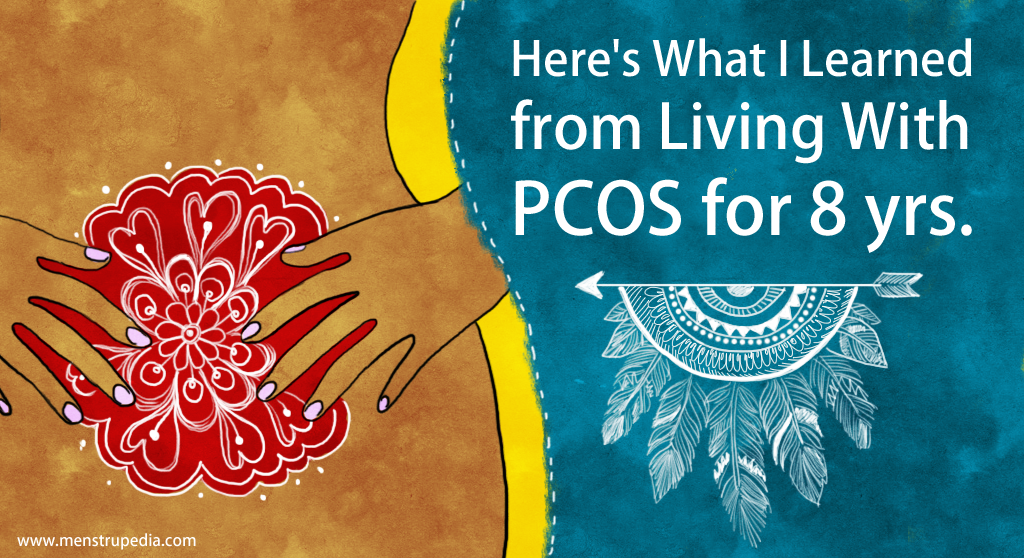
We do hope this helps you address some of your queries related to periods. If you have any more questions, please feel free to write it in the comments section and we can take them up in the coming IG Live with a reliable gynecologist.
Check out our IGTV Live with the gynecologist and Aditi Gupta (@themenstrualeducator) for the entire conversation.
Compiled by Menstrupedia Staff.




